25 Feb 2025
Where I discovered the REAL meaning of “sustainability”
Johor Bahru, Malaysia — The word “sustainability” invariably conjures up stereotypical images of greenery, fresh air, forests, oceans, mountains.
Last week, I discovered its real, deeper meaning.
Not in a forest reserve nor a smart city nor a trekking trail nor a meditation centre.
But at Legoland, the first in Asia, in Johor Bahru, at the southern tip of Peninsula Malaysia.
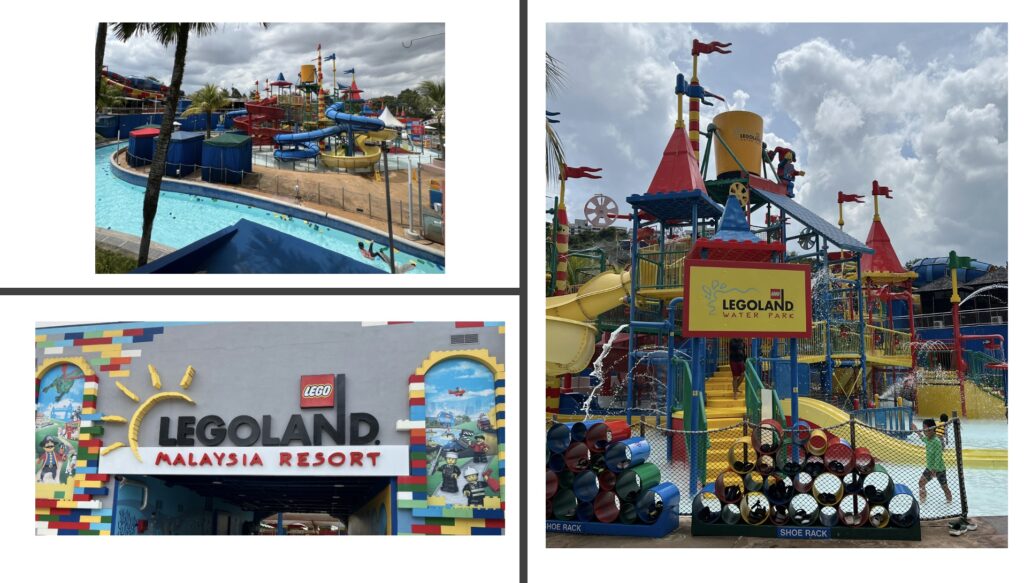
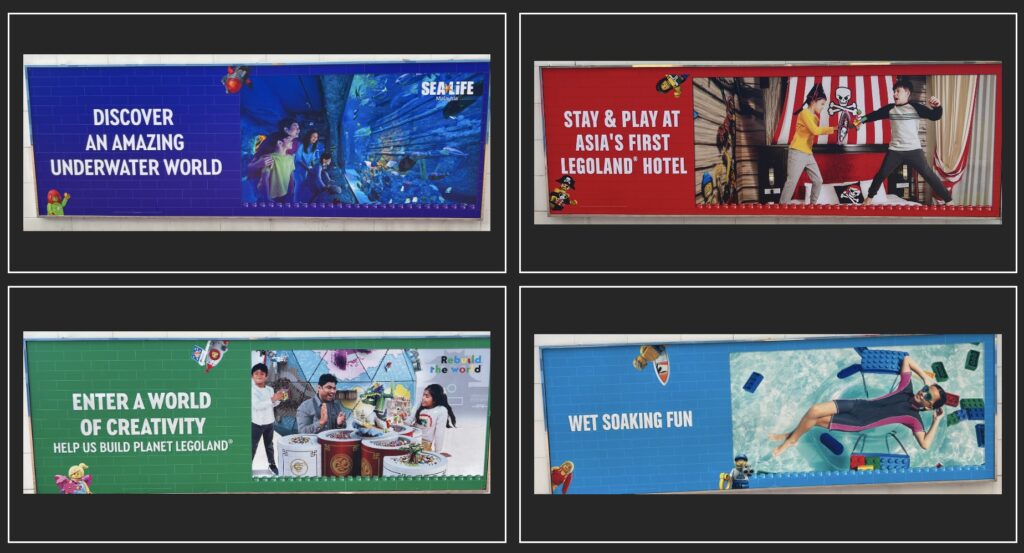
Genuine sustainability lies in the way we treat our children — the future generation we all seem to care so much about.
Genuine sustainability is hundreds of children playing happily together in a safe, secure environment where they can grow, learn and co-exist.
In peace, harmony and innocent friendship.
A place alive with the mind-soothing peals of laughter, children excitedly queuing up for a “driving lesson” or hurtling down one of the chutes at the water-park, licking ice-cream cones, screaming at every twist and turn of a roller-coaster.
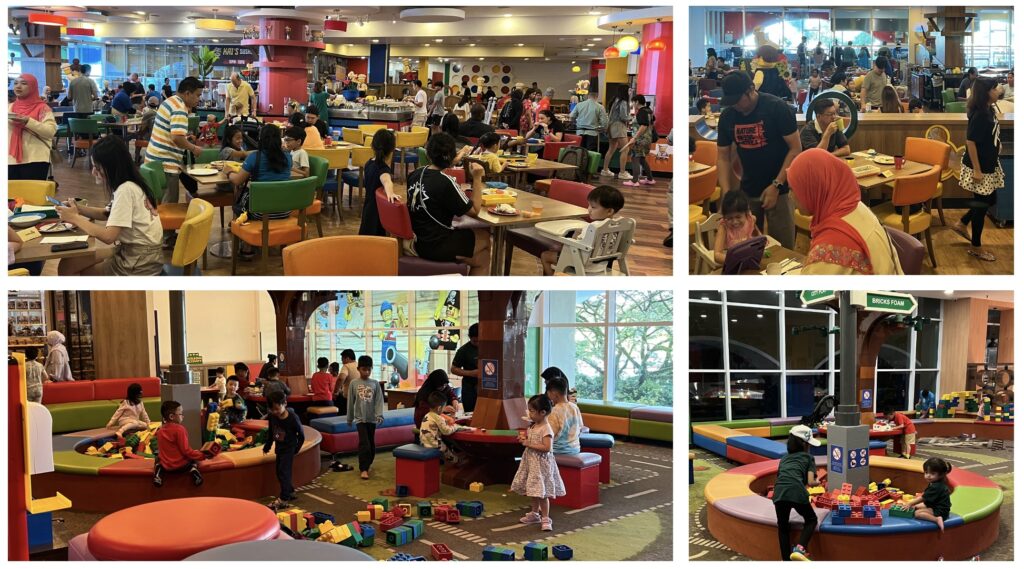
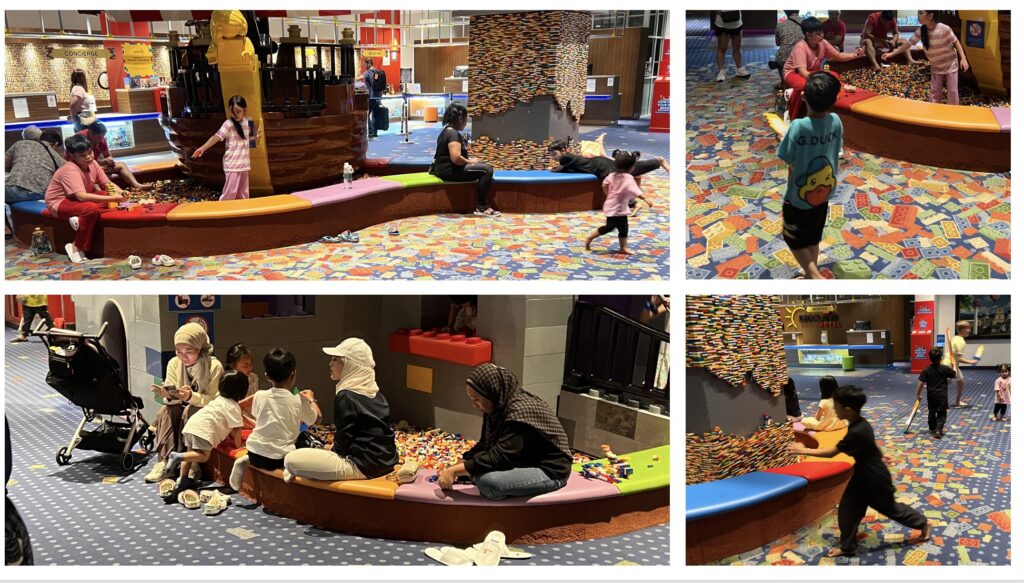
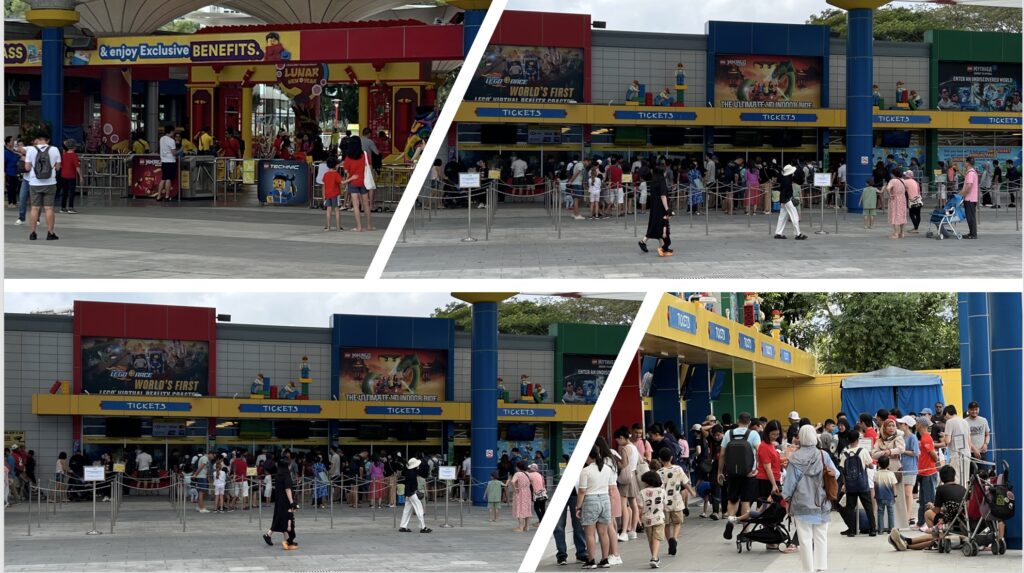
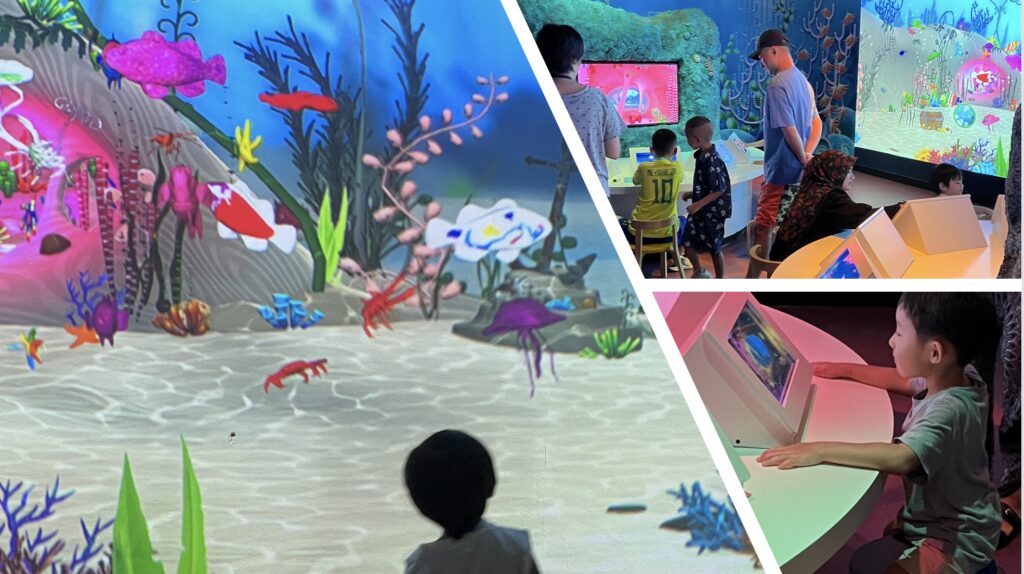
No hangups, no prejudices, no agendas, no walls, no barriers.
Arabs, Chinese, Russians, Indians, ASEANites, Europeans — speaking a babble of languages.
All accompanied by family members, including a few ageing-society grandparents like us.
This is sustainable, responsible, meaningful and regenerative tourism all rolled into one.
At Legoland, a veritable Darussalaam (“Abode of Peace” in Arabic).
In addition to the fun and games, kids spend hours figuring out riddles, connecting the dots, solving puzzles, learning about nature and culture.

Free of violent super-heroes and fearsome dinosaurs.
A place to reset the value of time.
To refresh and rejuvenate, far more effectively than any spa or health & wellness retreat.
My wife and I spent two relaxing days with our grand-twins, both boys aged 11.
While the kids ran around, my wife read a book or took a nap.
I got a lot of work done, giving birth to a new slogan “Work from Legoland.”
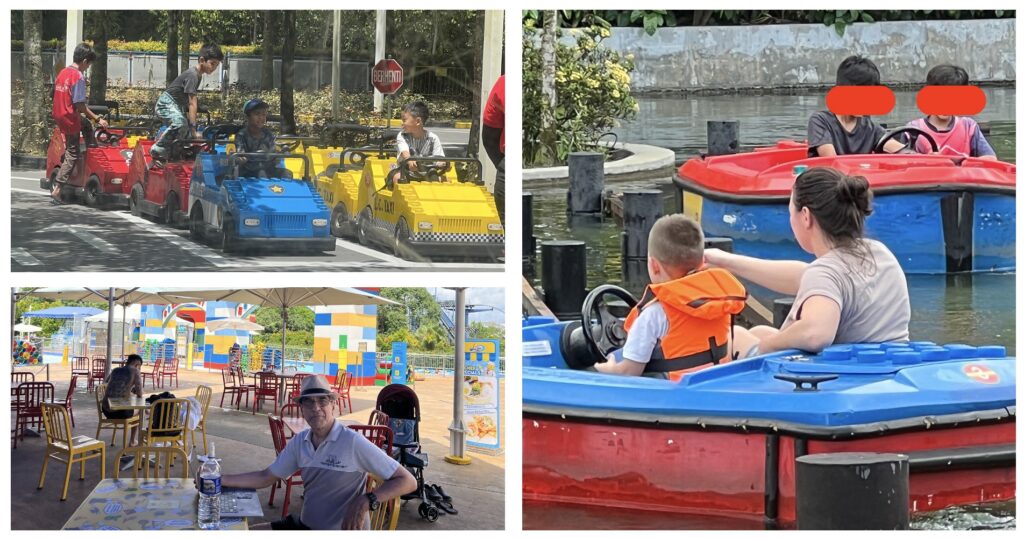
Back home, our son and daughter-in-law gained three days to catch up on backlog and recalibrate their lives.
It was a combined celebration of childhood, parenthood and grandparenthood — priceless memories to be cherished forever.
Verily a life-changing and game-changing experience.
We learnt something new. One panel explained the history of Legoland and its humble origins in 1932 as wood-based toymaker in Denmark.
Environmentally, recycling bins were omnipresent.
Socially, nearly all the women wore modest swimsuits. Not just the Muslims, but the Chinese, Indians and Caucasians, too.
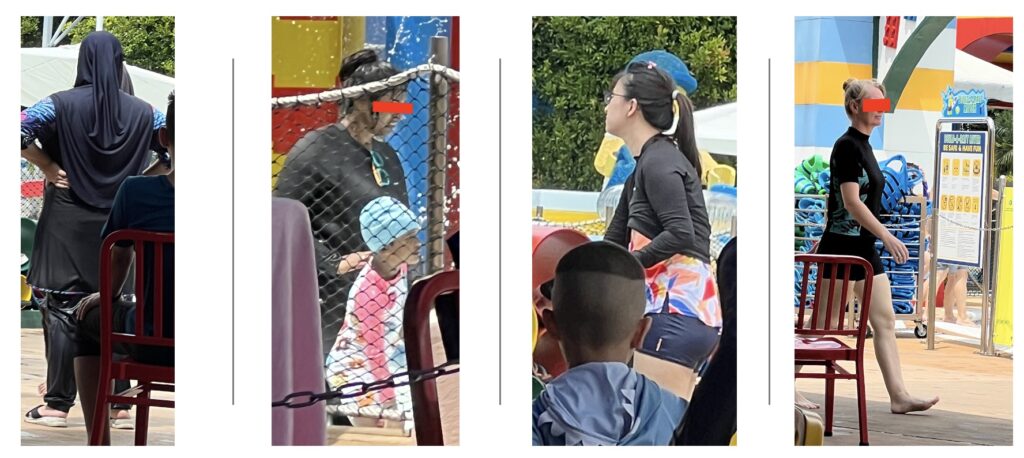
The theme-park also promotes ASEAN integration. Miniature models of prominent historic and cultural landmarks of all the ASEAN countries are featured in one pavilion with easy-to-read interpretations.
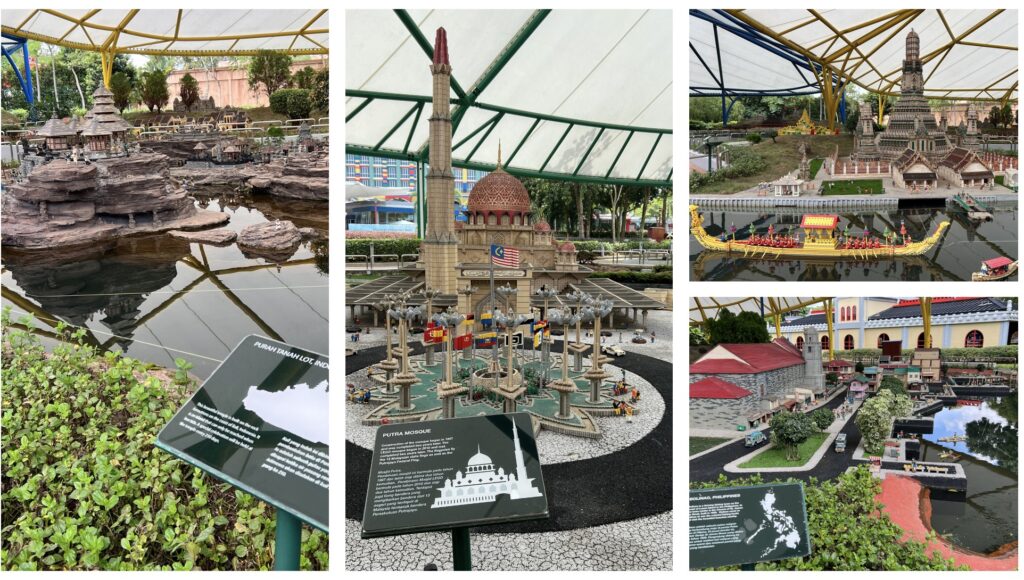
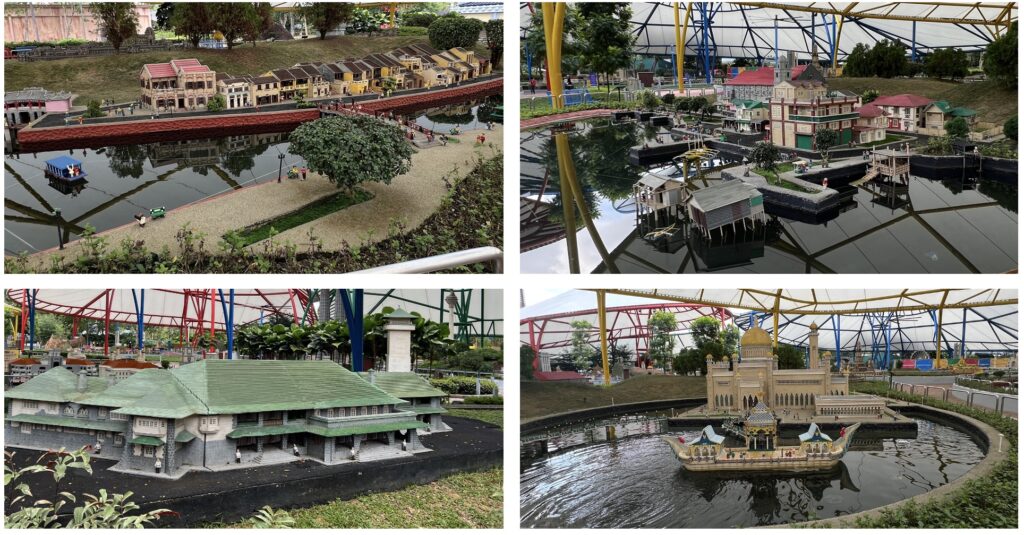
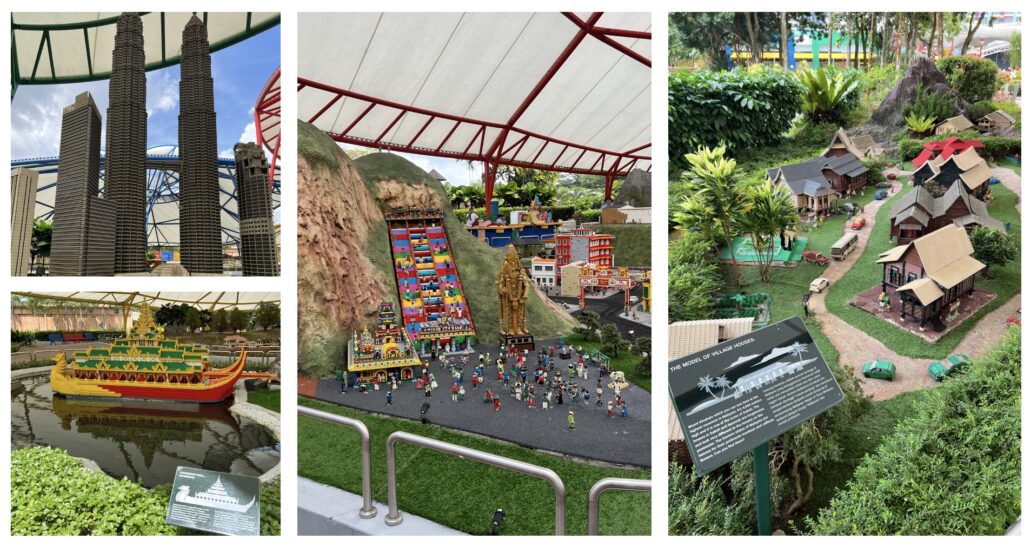
Commercially, Legoland is clearly a seasonal attraction with deep peaks and troughs in visitation over non-holiday periods.
That opens up multiple opportunities to turbocharge the business in line with all the prevailing societal, demographic and travel trends.
Family and ageing-society travel are the “IN” thing. Legoland and Johor Bahru could become a hub for both.
Regular forums conferences could explore new trends and experiences on these themes, perhaps in cooperation with local, regional and global children’s organisations to raise funds for the millions of suffering children in many parts of the world.
I would bet sponsors will queue up to provide support.
Family reunion and bonding campaigns could be launched via special passes for weekdays and non-peak periods.
More comprehensive packages could be designed to include other destinations in Malaysia as well as Singapore and the Indonesian islands of Bintan and Batam, both easily accessible by ferry.
As this is the first Legoland in Asia, such comprehensive, innovative campaigns would mesh perfectly with Malaysia’s 2025 chairmanship of ASEAN, followed by the Visit Malaysia 2026 campaign.
They will grow tourism to Malaysia, promote ASEAN socio-cultural integration as well as the UNSDGs.
Most importantly, they will help families and communities, and the Travel & Tourism industry at large, understand the value of peace, harmony and co-existence.
Understand from a child’s perspective. Not a political or business leader’s. Nor a UN or government bureaucrat’s.
If that works out, the get-rich-quick gold rush will follow.
Hundreds of new housing units, condominiums and other forms of “development” are already sprouting up.
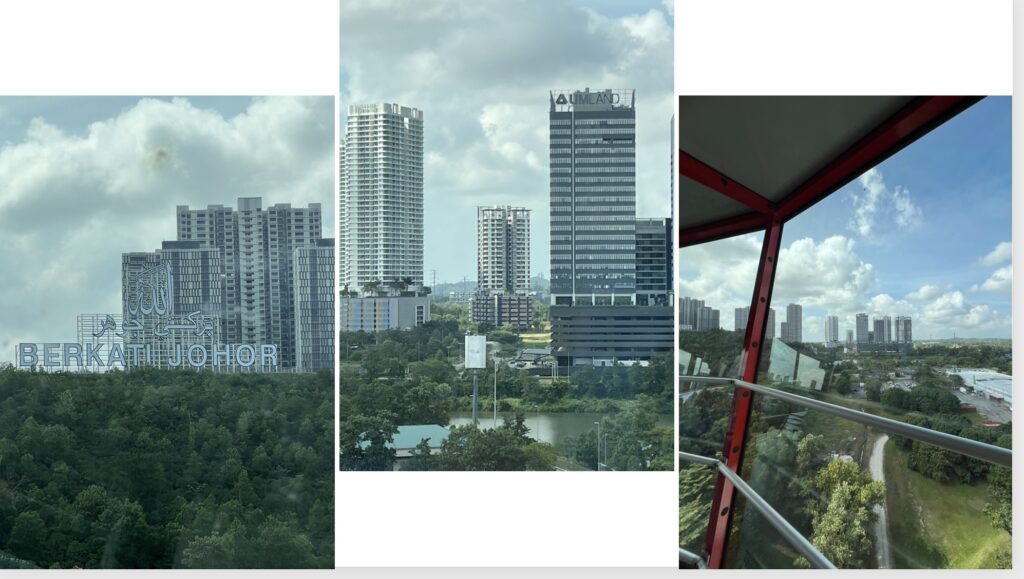
Infrastructure upgrades are in the works to facilitate cross-border travel from neighbouring Singapore.
Calls for balance are already resounding all around the world.
If Legoland and JB can get it right, it could prove to be an exemplary success story in the annals of both tourism and national development.
